Some TV shows from the 1960s may seem tame by today’s standards, but at the time, they pushed boundaries and sparked heated debates. Whether they tackled social issues, featured unconventional characters, or simply challenged the norms of the era, these shows managed to stir up controversy in ways that might surprise modern audiences. Some faced protests, network pushback, or even attempts at censorship, proving that even the so-called “wholesome” ’60s had its share of television rebellion. Let’s take a look at 12 TV shows from the ’60s that were surprisingly controversial for their time.
1. Star Trek (1966-1969)
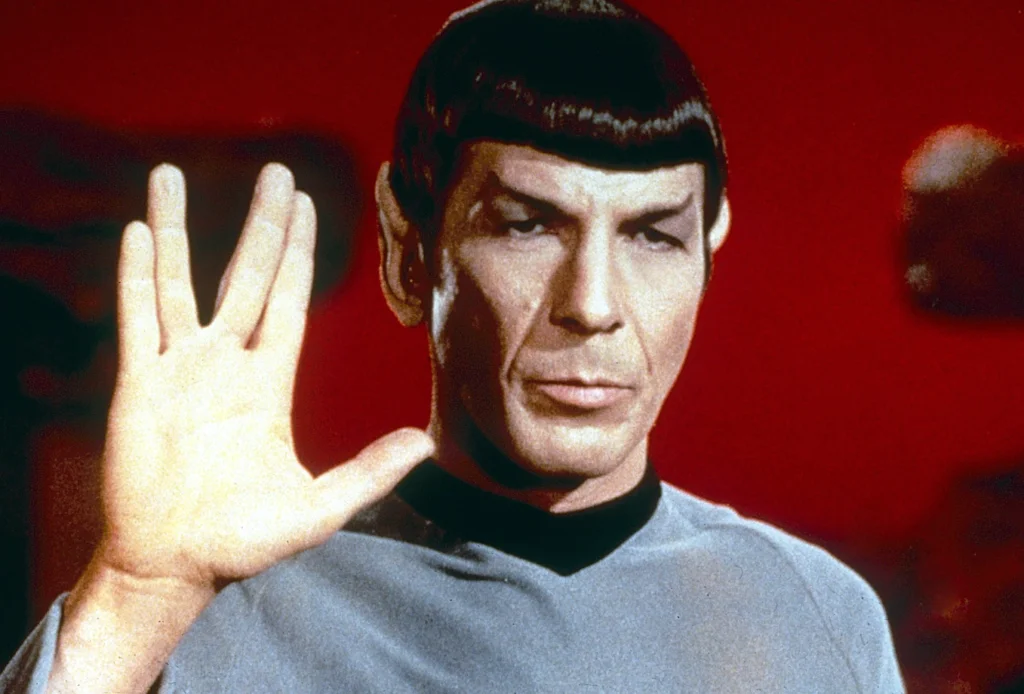
At first glance, Star Trek was just a space adventure series, but it was quietly revolutionary in ways that made waves. The show featured one of television’s most diverse casts, with characters like Lieutenant Uhura (Nichelle Nichols), an African American woman in a leadership role, and Mr. Sulu (George Takei), an Asian-American officer at a time when diversity on TV was rare. The show also depicted the first interracial kiss on American television between Uhura and Captain Kirk, which sparked both praise and outrage. While Star Trek is beloved today, it was seen as risky and even controversial in its original run.
2. The Twilight Zone (1959-1964)
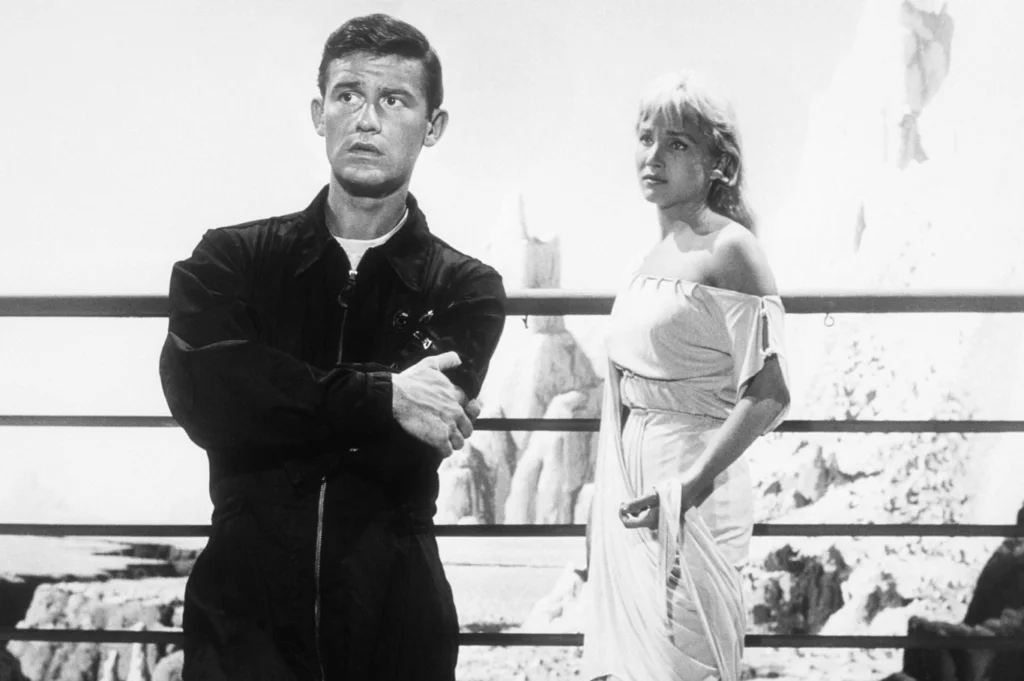
Rod Serling’s The Twilight Zone didn’t just deliver eerie science fiction—it used its platform to tackle real-world social issues in ways that made networks nervous. Many episodes were thinly veiled commentaries on racism, authoritarianism, war, and the dangers of conformity, all cleverly disguised as science fiction or horror. Serling often fought with network executives who wanted to tone down the show’s political and philosophical themes. While audiences loved its mind-bending stories, some of its messages were considered too bold for comfort in the early ’60s.
3. The Smothers Brothers Comedy Hour (1967-1969)
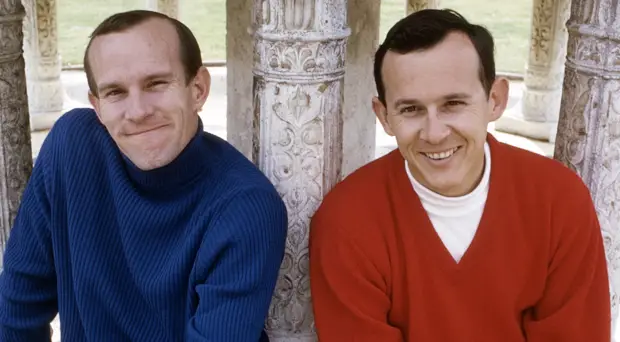
On the surface, The Smothers Brothers Comedy Hour seemed like just another variety show, but it quickly became a lightning rod for controversy. The show frequently featured political satire, anti-war messaging, and musical guests who pushed boundaries—including artists who criticized the government or addressed social change. CBS repeatedly clashed with the Smothers Brothers over their content, ultimately canceling the show in 1969 due to ongoing battles over censorship. Looking back, it’s clear the show was ahead of its time in tackling issues that would soon dominate the national conversation.
4. Batman (1966-1968)
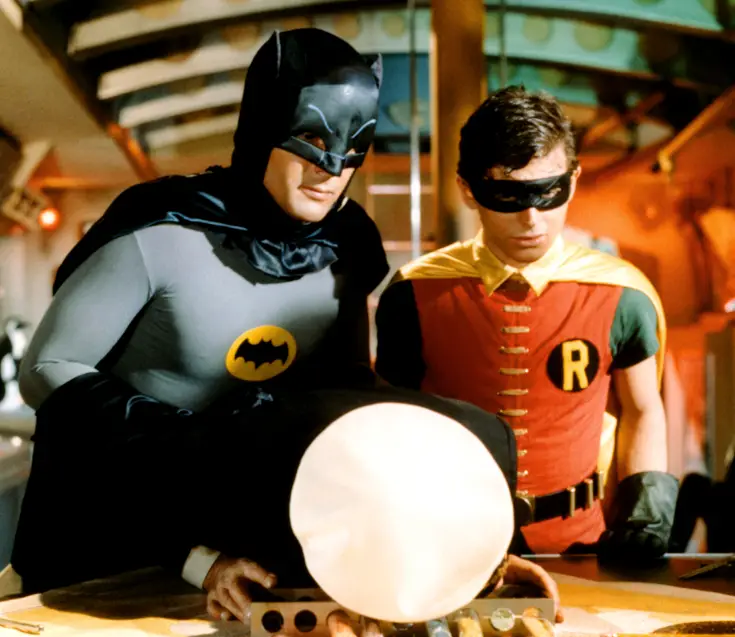
You wouldn’t think a campy superhero show could be controversial, but Batman ruffled feathers for its over-the-top humor and flamboyant style. Some critics and parents thought the show was too silly, undermining the seriousness of the iconic comic book character. Others believed it promoted a lifestyle that didn’t align with traditional values, leading to complaints and discussions about its cultural influence. Despite this, Batman became a pop culture phenomenon, proving that even a lighthearted show could stir up debate.
5. The Munsters (1964-1966)
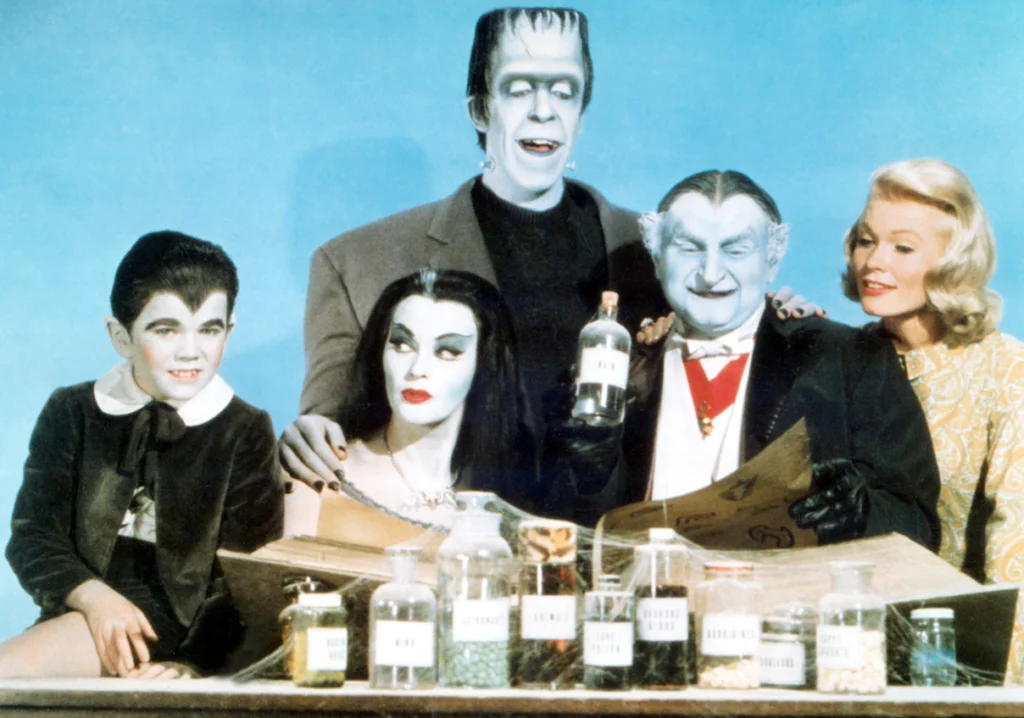
A sitcom about a family of friendly monsters shouldn’t have been controversial, but in the 1960s, The Munsters raised a few eyebrows. Some conservative groups disapproved of the idea of making a “monster” family seem normal and likable, worrying that it sent the wrong message to children. There were also concerns that the show’s humor was too offbeat, with some critics calling it inappropriate for a family audience. Despite this, The Munsters became a beloved classic, proving that audiences had more of a sense of humor than the critics gave them credit for.
6. Bewitched (1964-1972)
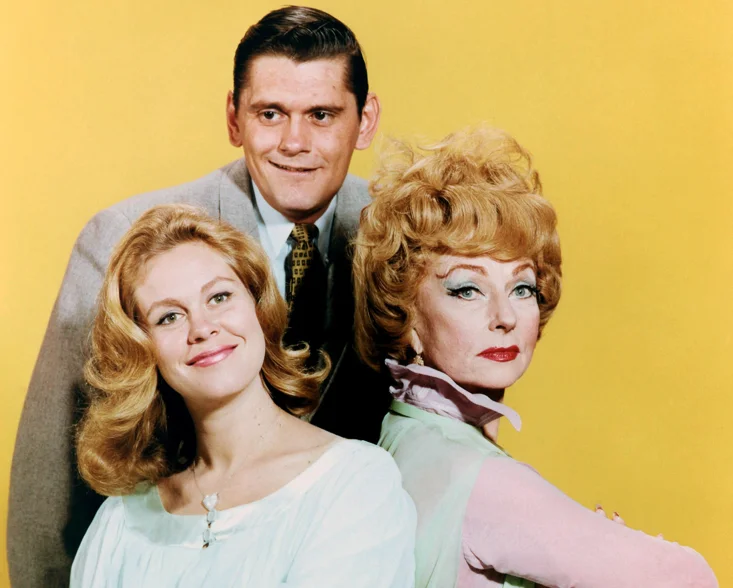
While Bewitched was a charming fantasy sitcom about a witch trying to live a normal suburban life, it wasn’t without controversy. Some religious groups took issue with the show’s lighthearted portrayal of witchcraft, believing it was inappropriate for a family program. Others saw Samantha’s husband, Darrin, constantly demanding that she suppress her true abilities as a troubling message about gender roles. While many just enjoyed the show’s humor and magic, there was plenty of debate behind the scenes about what it was really saying.
7. The Addams Family (1964-1966)
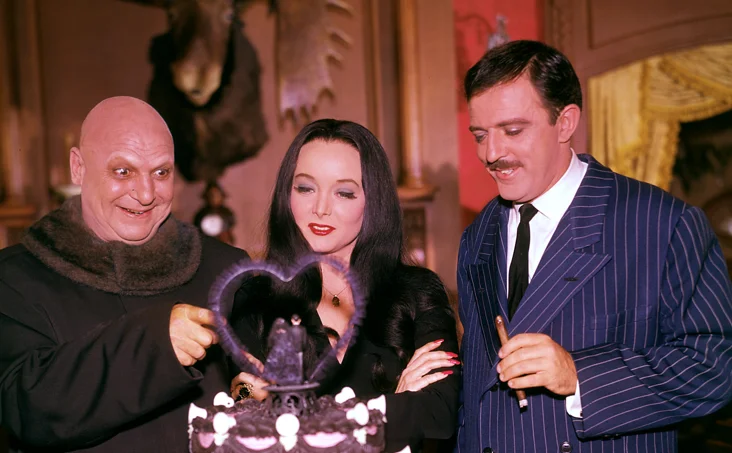
Like The Munsters, The Addams Family was a comedy about an unconventional family, but its dark humor and macabre themes didn’t sit well with everyone. Some parents worried that the show encouraged strange or “unwholesome” interests, and its satirical take on traditional family life was considered a bit too subversive for some audiences. The fact that Gomez and Morticia openly showed affection for each other was also rare for TV couples at the time, making some viewers uncomfortable. While the show was ultimately harmless, it was definitely edgier than most sitcoms of the era.
8. Julia (1968-1971)
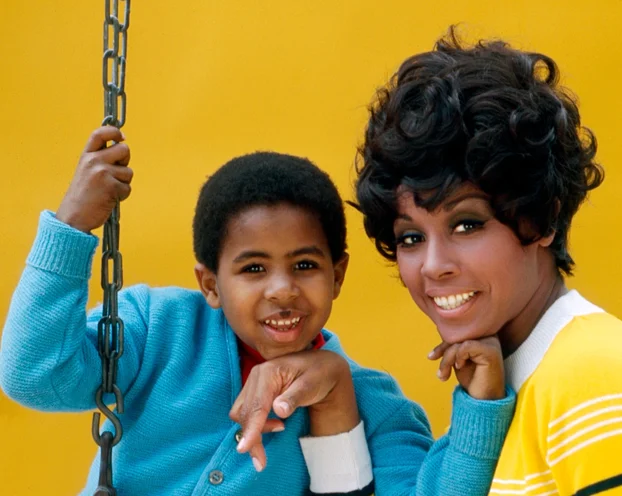
Starring Diahann Carroll, Julia was one of the first shows to feature an African American woman in a lead role who wasn’t a maid or a servant. While groundbreaking, the show sparked controversy from both sides—some praised it for breaking racial barriers, while others criticized it for avoiding discussions of real-world issues like discrimination. Some civil rights groups felt the show didn’t accurately reflect the struggles of Black Americans at the time, while others saw it as a much-needed step toward normalizing diversity on television. Despite the controversy, Julia helped pave the way for future representation on TV.
9. Rowan & Martin’s Laugh-In (1968-1973)
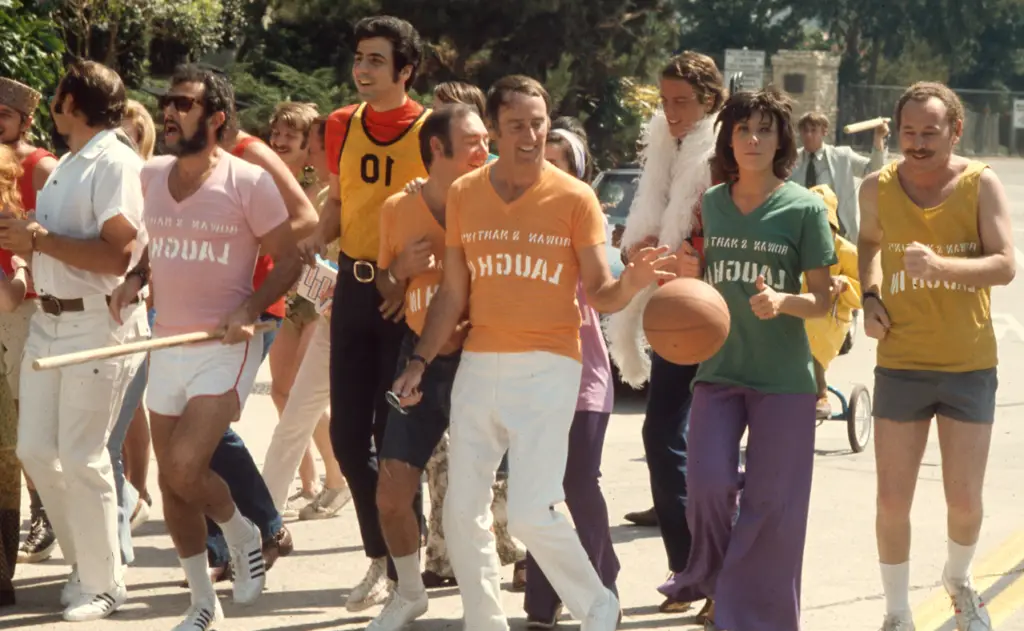
This fast-paced comedy show broke all the rules, mixing slapstick humor with sharp political and social satire. It frequently tackled subjects that were considered off-limits for television at the time, including discussions of war, race, and political figures. The show’s unpredictable style and edgy humor made some traditional audiences uncomfortable, and there were frequent complaints about its irreverence. Despite this, Laugh-In became a huge hit and changed the landscape of comedy on television.
10. Hogan’s Heroes (1965-1971)
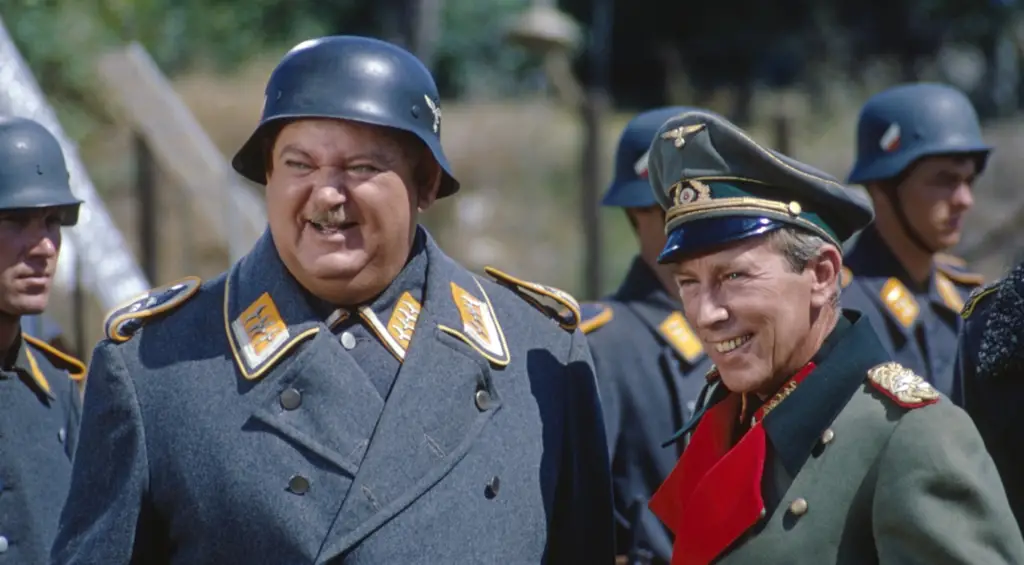
A sitcom set in a World War II prisoner-of-war camp sounds like a questionable idea to begin with, and Hogan’s Heroes faced plenty of criticism for its comedic take on a serious subject. Some viewers found the idea of laughing at bumbling Nazis and POWs escaping captivity distasteful, especially so soon after the war. The show also faced controversy over cast member Robert Clary, a real-life Holocaust survivor, playing a prisoner in a lighthearted setting. While it was ultimately a hit, Hogan’s Heroes remains one of the strangest concepts for a sitcom ever made.
11. Gilligan’s Island (1964-1967)
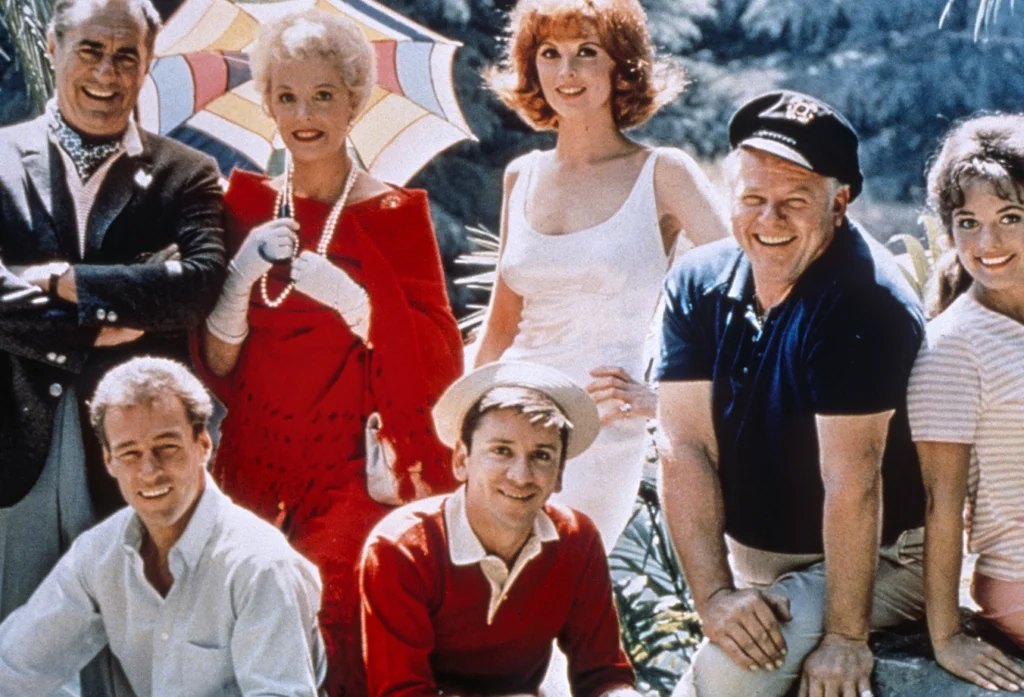
It’s hard to believe Gilligan’s Island could be controversial, but it was—mostly for its portrayal of gender roles. The show’s female characters, particularly Ginger and Mary Ann, were often at the center of debates about whether they were too stereotypical. Some critics thought the show sent the wrong message about masculinity and femininity, while others just found its silly humor too lowbrow. Even though it was mostly harmless fun, Gilligan’s Island managed to ruffle some feathers along the way.
12. I Dream of Jeannie (1965-1970)

Like Bewitched, I Dream of Jeannie featured a woman with supernatural abilities who was expected to obey her mortal male counterpart. The show faced criticism for its depiction of Jeannie as a submissive, eager-to-please character who constantly called her love interest “Master.” While meant to be playful, the dynamic didn’t sit well with some critics who felt it reinforced outdated ideas about gender. Despite the controversy, I Dream of Jeannie remains a beloved, if sometimes baffling, classic.
While many think of the 1960s as an innocent era of television, these shows prove that controversy has always been part of the medium. Whether they pushed social boundaries, challenged norms, or simply made people uncomfortable, these programs sparked conversations that helped shape the future of television. Looking back, it’s clear that even the so-called “wholesome” era of TV had its fair share of rule-breakers.


